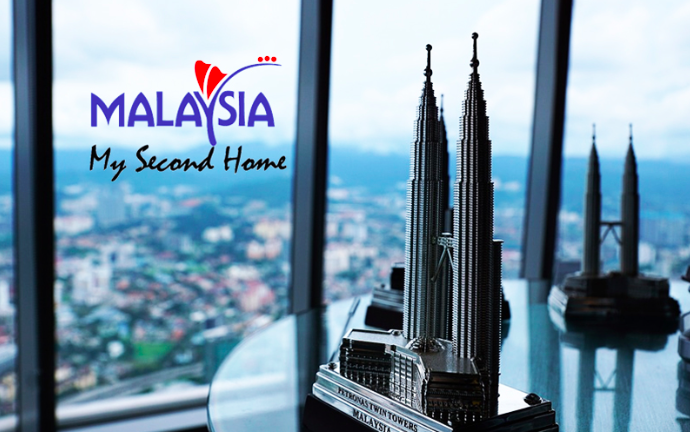Explore the optimistic changes in the revamped MM2H program, offering hope for the property sector. Experts discuss the impact and competition from neighbouring countries.
KUALA LUMPUR, 19th Dec 2023 – The recent modifications to the Malaysia My Second Home (MM2H) program, designed to attract a larger pool of foreign residents through eased eligibility criteria and financial requirements, are seen as a positive development for the property sector. Despite the improvements, experts believe further enhancements are required to effectively compete with similar programs in neighbouring countries.
Professor Geoffrey Williams, an economist and Provost for Research and Innovation at Malaysia University of Science and Technology, acknowledged the positive changes in the revised MM2H. However, he expressed concerns that the program still appears more focused on generating revenue for the Immigration Department than on encouraging expatriate residency in Malaysia. Williams emphasized that the program’s current structure may attract individuals seeking tax avoidance rather than contributing significantly to the economy.
The recent overhaul of the MM2H program includes a three-tiered structure, updated financial requirements, and a lowered minimum age requirement to 30 years, making it more accessible for individuals looking to establish Malaysia as their second home. The application process has also been streamlined, with exclusive acceptance through licensed MM2H agents accredited by the ministry.
Despite these changes, Williams remains skeptical about the program’s potential economic impact. He pointed out that previous claims of a substantial economic boost from MM2H were not realized, leading to the introduction of the Malaysia Premium Visa Programme (PVIP) in 2022. PVIP, a “Residency Through Investment” concept, targets wealthy foreigners but has faced challenges due to high upfront processing fees.
Williams stressed the importance of creating a positive and welcoming environment to attract the right type of individuals. The competition from other countries with more attractive schemes and lower living costs poses a serious challenge to Malaysia’s reputation.
RHB Research noted that the stricter conditions implemented in the MM2H program led to a significant decline in approvals, with only 1,905 applications approved between November 2021 and September 2023. The research house emphasized that the MM2H program approval represented a small fraction of the residential transaction volume, indicating room for improvement.
Despite challenges, certain property developers, including UEM Sunrise Bhd, Sunway, and Eastern & Oriental Bhd, are considered key beneficiaries under the new MM2H program. Both RHB Research and HLIB Research express optimism about the potential positive impact on the property sector, with expectations of increased demand and more launches in the high-end residential segment.
However, concerns about competition from neighbouring countries such as Thailand and Indonesia, which have launched similar programs, persist. TA Research, maintaining an “overweight” stance on the property sector, suggests additional adjustments to enhance the appeal of the MM2H program, including revisiting the high monthly income requirement introduced in the 2021 revamp.
In conclusion, while the revamped MM2H program is viewed positively for the property sector, ongoing improvements are crucial to make it more competitive and attractive to foreign residents.



